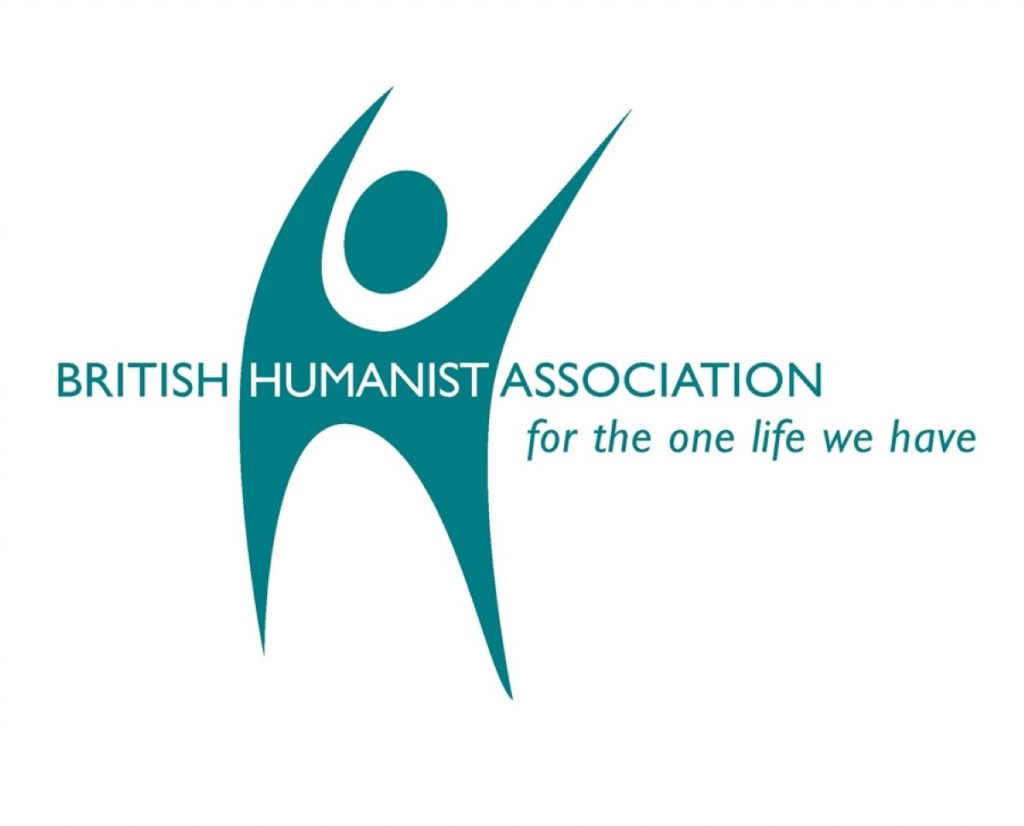BHA: New body for liaison with BBC to include humanist
In a significant development and welcome break with past policy, humanists are to be represented alongside religions in a new body liaising with the BBC – the Standing Conference on Religion and Belief. The Standing Conference on Religion and Belief succeeds the Central Religious Advisory Committee (CRAC), and will liaise with the BBC on matters of common concern to the BBC and religious groups and, now, humanists.
For the last six years the Communications Act 2003 has been in force which, at section 264(6)(f) defines public service broadcasting as requiring ‘a suitable quantity and range of programmes dealing with each of the following, science, religion and other beliefs…’ and at section 264(13) defines ‘belief’ as ‘a collective belief in.a systemised set of ethical or philosophical principles…’ During the passage of the Act, the responsible minister (Lord McIntosh) made it clear that this included Humanism. Nonetheless, the BBC never extended the remit or membership of its Central Religious Advisory Committee (CRAC) to recognise the BBC’s new remit of ‘religion and other beliefs’, even though that remit was reconfirmed in the Charter renewal of 2006. Now, the Standing Conference on Religion and Belief, which succeeds CRAC, will always include a humanist representative.
British Humanist Association (BHA) Chief Executive Hanne Stinson welcomed the inclusion of humanist representation in the new body. She said, ‘This is a really welcome recognition of the fact that humanists have a legitimate interest in the output of the BBC in relation to religions, philosophy and ethics just as religious people do. Until now humanists have been excluded from any consultative or advisory role in relation to the BBC on a level with religious groups and representatives. In an open society, those of religious and non-religious beliefs should have a fair input on matters that concern them and the inclusion of humanist representation in the Standing Conference is a great step towards this.’
In 1959 a Humanist Broadcasting Council was set up in consultation with the BBC whose members included A J Ayer, Cyril Bibby, Lord Chorley, Lionel Elvin, E M Forster, Morris Ginsburg, Sir Julian Huxley, Margaret Knight, Bertrand Russell, Lord Francis-Williams and others. The Council operated for a number of years and was thought to be of value. In more recent years, the attention of the BHA has been focussed on making the case for humanists to be included alongside religious representatives in liaising with the BBC on relevant matters, including through representations at the time of the Communications Bill’s passage through Parliament and during the renewal of the BBC Charter in 2006.
Prominent humanists have welcomed this new development. Author Philip Pullman said he was ‘delighted’ to see this, because ‘ the wider the range of voices and opinions represented in the conference, the better it will be. At a time when ‘faith’ seems to have become an all-purpose adjective of vague commendation (faith communities, faith schools, faith groups, and so on) it’s important to help people understand that morality, ethics, concern for the poor and so on are not the sole property of those who believe in a God.’
The first humanist representative invited to join the Standing Conference on Religion and Belief is Andrew Copson, director of education and public affairs at the BHA where he coordinates the BHA’s work promoting understanding of Humanism as a non-religious worldview and the BHA’s campaigns. He has experience of working alongside religious representatives as a director and trustee of the Religious Education Council of England and Wales (REC) and a trustee of the National Council for Faiths and Beliefs in Further Education (FBFE).
Mr Copson said, ‘In today’s large and complex society, public service broadcasting is not only one of the main sources of information for large numbers of people, but one of the main ways in which citizens and communities can learn about and from each other, communicate with each other and jointly address the challenges that face them. Religions and beliefs are part of the mix and Humanists, as people with a positive and meaningful philosophy of life – and one that is shared by many people in modern Britain – have a lot to contribute in this area.’
Notes
For further comment or information, contact Andrew Copson at andrew@humanism.org.uk or by telephone on 020 7079 3584 or 07534 248596.
To read more about the BHA’s recent campaigns to do with broadcasting see www.humanism.org.uk/campaigns/broadcasting
The British Humanist Association (BHA) is the national charity representing the interests of the large and growing population of ethically concerned non-religious people living in the UK. Founded in 1896, it exists to support and represent such people, who seek to live good lives without religious or superstitious beliefs. www.humanism.org.uk





-01.png)